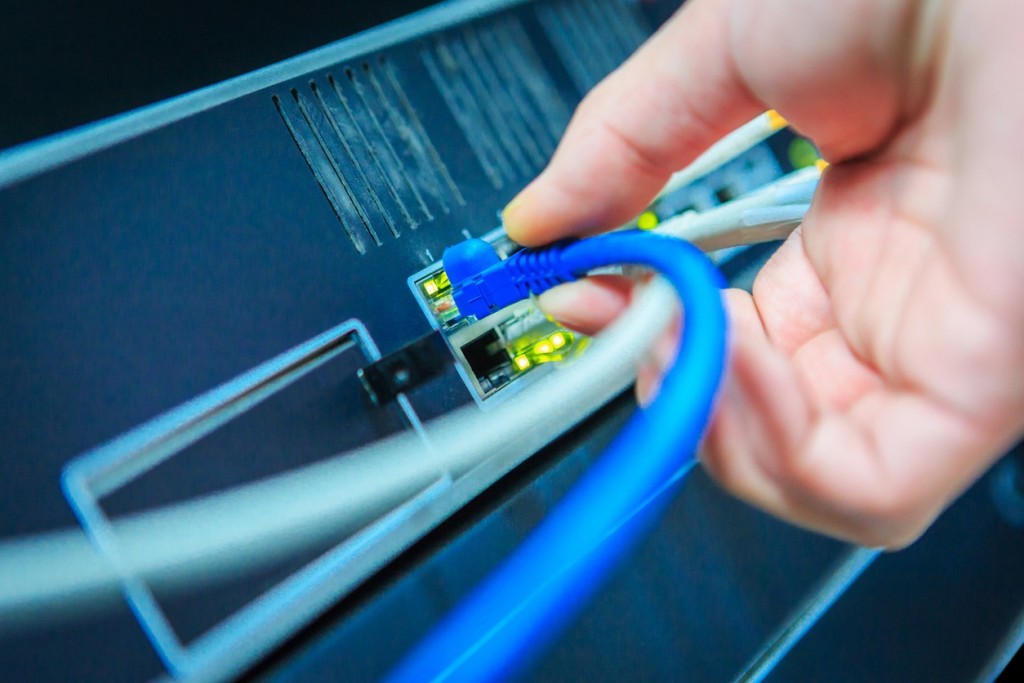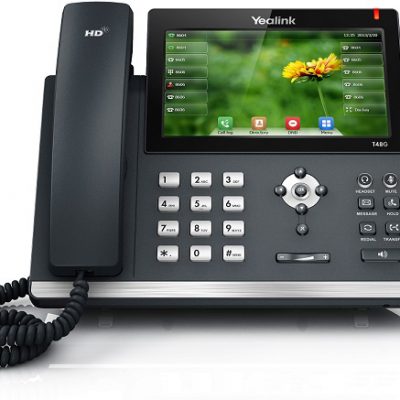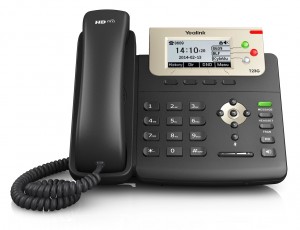Calls can be traced, but they likely can’t be tapped. Isn’t that more reassuring?
“The call is from inside the house.” It’s the unforgettable statement from one of the scariest camp horror movies ever made. The year was 1979. The move was When a Stranger Calls. Back in those days, we all used phones that were plugged into the wall—or even hanging on the wall.
Yes, it was possible to trace those analog voice transmissions. The question is: can we trace VoIP calls, too? The ultimate—but unsatisfying—answer is that everything is traceable. VoIP calls require IP addresses on each end so the information can be routed. IP addresses can be traced. And there are many reasons why you would be concerned about your VoIP call being traced. Let’s assume it’s because you’re concerned that somebody’s snooping on you. Wouldn’t you be more concerned about your call being tapped than traced? Thought so.
VoIP calls are safe(er)
VoIP phone calls are relatively safe from surveillance because they’re made possible courtesy of the Internet. When you make a VoIP phone call to another VoIP user, your voice is broken into data packets that are sent over the Internet until it reaches its destination. And yes, you probably know that.
Just as you know that when you use a traditional phone service, your voice is broken into analog electrical signals that are sent over copper-based telephone lines.
The difference lies in encryption. VoIP data packets are almost always encrypted. Your analog traditional voice signals are not. Your VoIP provider is applying this encryption, so they can break it. Outside parties that manage to intercept your call will have a difficult time cracking these encryption patterns.
VoIP calls are also more secure because of the mobile nature of the infrastructure. While business VoIP might be looked at as a “static” operation, most VoIP users are going to access the service on their mobile device. So, while you might be able to pinpoint the IP address and attribute it to whomever it was assigned, you still might not know their physical location.
Does this mean VoIP is secure and private?
VoIP calls are deemed private and secure enough that the United States military uses this service for communications. Many hospital systems, which are regulated by extremely strict HIPAA privacy rules, use VoIP systems. Businesses worldwide have been convinced of VoIP safety. It’s been reported that telecoms are losing an average of 700,000 customers per month, while the VoIP services market is expected to grow to $140 billion by 2021.
Again, the key lies in encryption. When you add the far less expensive price compared to traditional business PBX infrastructure and the addition of a slew of free features, it’s easy to see why certain VoIP providers will stay at the forefront of ensuring privacy and security.
What about caller ID spoofing?
It’s the logical follow-up question, so here’s a quick rundown. Caller ID spoofing is illegal.
Under the Truth in Calling Act, FCC rules prohibit any person or entity from transmitting misleading or inaccurate Caller ID information with the intent to defraud, cause harm, or wrongly obtain anything of value. If you’re caught under these circumstances, the penalty is up to $10,000 for each violation.
If no one is harmed, defrauded, and no damage is done, it’s technically okay to spoof.
For more information about CallSprout’s security features, including our Unbreakable Internet, click here.






